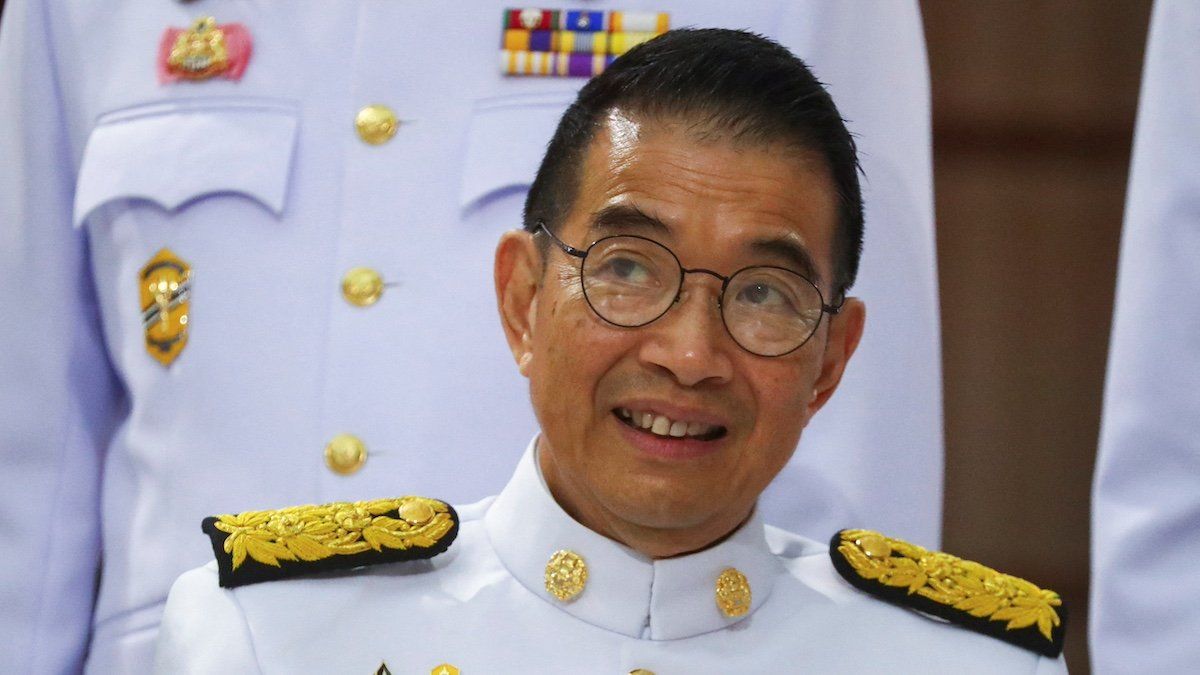On Sunday, Thailand said Foreign Minister Maris Sangiampongsa had delivered an official letter to his Russian counterpart, Sergei Lavrov, outlining Bangkok’s intention to join the BRICS alliance, which has gained a reputation as an anti-Western forum in recent years. Thailand holds non-NATO major ally status with the United States, but Maris said it hopes joining the Chinese- and Russian-led group will help it “play a more active role in South-South cooperation.” Things may not come together by the next BRICS summit in October, but Bangkok’s bid is likely to work out.
Is Washington worried? Hardly. For all its ambitions of pushing the dollar out of its dominant trade position and aligning the Global South to mutual political goals, BRICS can’t match actions to rhetoric. The organization doesn’t even have a permanent secretariat to coordinate its activities, and its members often don’t see eye to eye.
Thailand isn’t the first US ally to join (Brazil was), and in January, BRICS expanded to include another major non-NATO ally, Egypt, as well as close US partners Ethiopia, Saudi Arabia, and the UAE.
So what’s the point? The impotence of BRICS makes joining a low-stakes gambit with some potential upside. It might help Thailand curry favor with China, its
largest trade partner and most worrying military threat. But, if not, what has Bangkok really lost?
